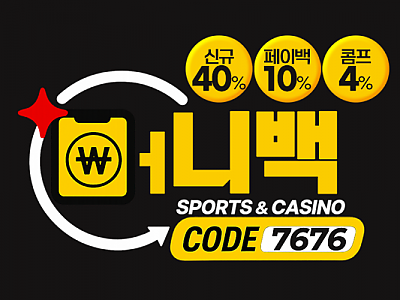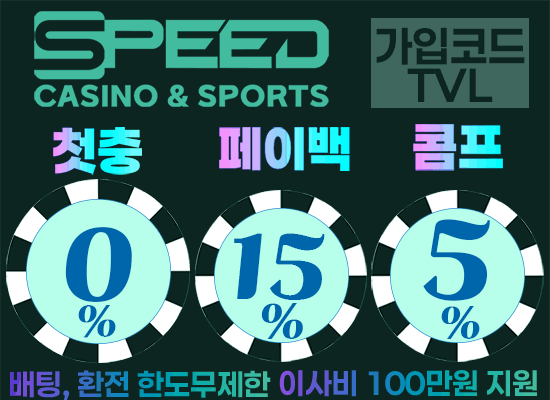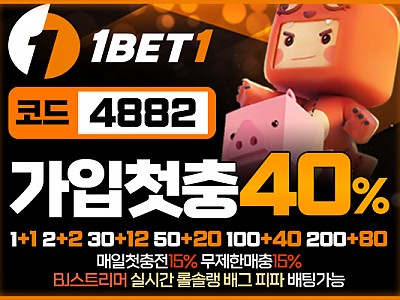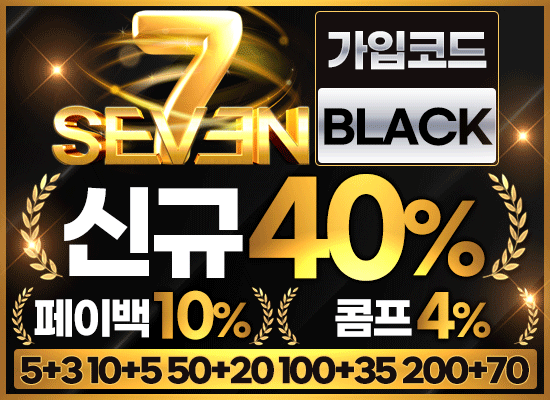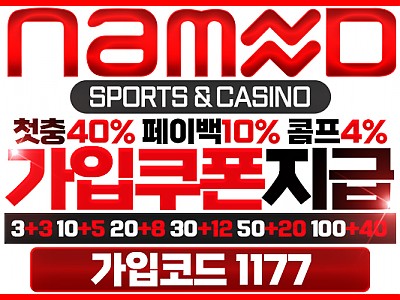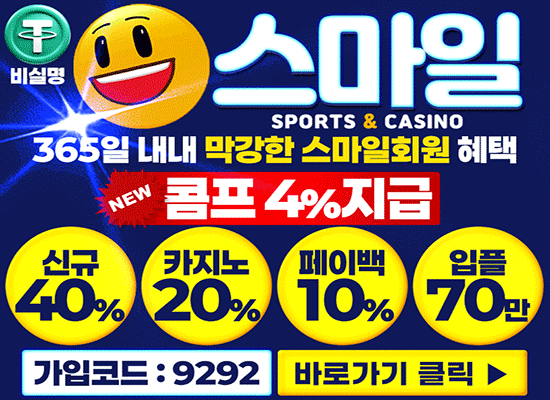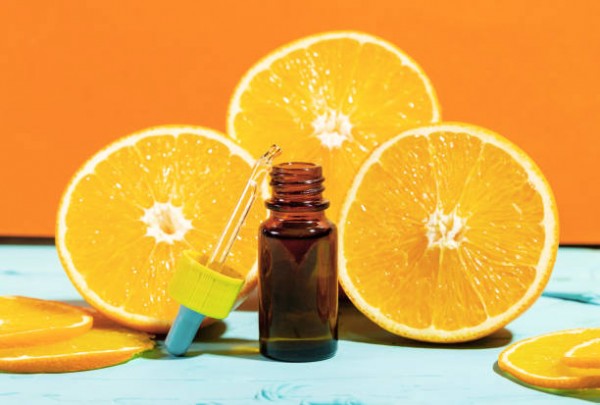Nailed It: Is the Rise of Artificial Nails a Real Game Changer in Beau…
5천미만지급
댓글
0
조회
4
25.07.18
| 사이트명 | https://www.marketresearchfuture.com/reports/anti-acne-cosmetic-market-28564 |
| 사이트주소 | https://www.marketresearchfuture.com/reports/anti-acne-cosmetic-market-28564 |
| 꽁머니금액 | 4950 |
| 메신저(카톡,텔레그램) |
Market Overview
Acne is one of the most common skin conditions globally, affecting millions of individuals across all age groups. The demand for anti-acne products spans various demographics, from teenagers dealing with hormonal changes to adults seeking effective skincare solutions for stress-induced breakouts. The anti-acne cosmetic market encompasses products like cleansers, serums, masks, creams, and spot treatments, all designed to target acne-related issues.
In 2024, Anti-Acne Cosmetics Market was projected to be worth 6.32 billion USD. By 2034, the anti-acne cosmetics market is projected to have grown from 6.69 billion USD in 2025 to 11.14 billion USD. Over the course of the forecast period (2025–2034), the anti-acne cosmetic market is anticipated to develop at a CAGR of approximately 5.8%.
Key Trends Driving the Market
1. Rising Demand for Natural and Organic Products
Today's consumers are more mindful of the ingredients in their skincare products. There is a noticeable shift toward natural, organic, and vegan-friendly formulations that are gentle on the skin while being effective against acne. Ingredients such as tea tree oil, salicylic acid derived from natural sources, and green tea extracts are increasingly popular among consumers seeking sustainable options.
2. Technological Advancements in Skincare
The market has seen an influx of products powered by advanced technologies like microneedling patches and LED light treatments. These innovative solutions provide faster, more targeted treatment for acne and have been well-received by tech-savvy, results-driven consumers.
3. Influence of Social Media and Dermatological Awareness
Social media platforms have played a significant role in driving the anti-acne cosmetic market. Skincare influencers, dermatologists, and beauty bloggers actively promote anti-acne products, increasing awareness and encouraging product adoption. Campaigns advocating for real skin have also normalized acne, allowing brands to market products as solutions for skin health rather than perfection.
4. Customization and Personalization
The era of one-size-fits-all skincare is coming to an end. Brands are introducing personalized solutions based on individual skin types and concerns. Online tools, quizzes, and AI-driven technologies help consumers find the best anti-acne products tailored to their specific needs, boosting brand loyalty and consumer satisfaction.

